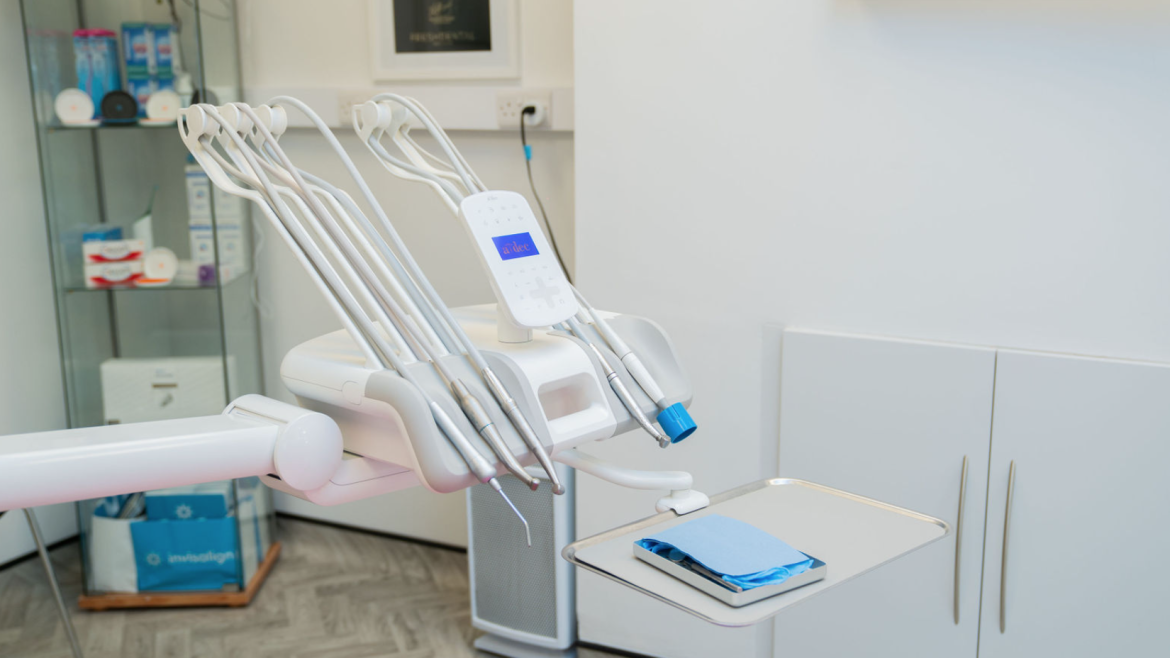 Are you wondering if composite bonding is worth the investment? Let’s dive into these popular dental procedures and explore their benefits and drawbacks.
Are you wondering if composite bonding is worth the investment? Let’s dive into these popular dental procedures and explore their benefits and drawbacks.
Composite bonding, also known as dental bonding, is a versatile treatment that can address various cosmetic concerns such as chipped teeth, gaps, discolouration, and more. It involves applying a tooth-coloured resin material to improve the appearance of teeth. One of the great experiences with composite bonding is that it can enhance your smile by fixing these issues.
Bondings are a great option for those looking for a quick and effective solution without the need for extensive dental work like fillings or implants. Additionally, if you’re looking to brighten your smile, teeth whitening can be combined with composite bonding to achieve optimal results.
However, before jumping into composite bonding for dental issues, such as dental implants or other dental work, it’s essential to consider several factors. The reason for seeking treatment, your desired outcome, and even your dentist’s expertise in bondings all play a crucial role in determining whether composite bonding is right for you.
So let’s get started!
Pros and Cons of Composite Bonding
Composite bonding is a popular dental procedure that can significantly enhance your smile. It is commonly used for teeth whitening, as well as for implants and facial aesthetics. However, like any dental treatment, it has its advantages and limitations.
Advantages of Composite Bonding for Smile Enhancement
One of the primary benefits of composite bonding is its ability to quickly and effectively transform the appearance of your teeth. This dental work procedure involves applying a tooth-coloured resin material to the surface of your teeth, which can be shaped and polished to match the natural colour and contours of your existing teeth. The result is a seamless blend that enhances the overall aesthetics of your smile, making it an excellent alternative to dental implants.
Another advantage of composite bonding is that it is a non-invasive dental procedure compared to other cosmetic treatments like dental implants, veneers, or crowns. It requires minimal removal of tooth enamel, making it a more conservative option that preserves the integrity of your natural teeth. If you are experiencing any dental issues, consider visiting your local practice for expert advice and treatment.
Composite bonding offers versatility in correcting various dental imperfections for patients. Whether you have chipped or cracked teeth, gaps between your teeth, or even minor misalignments, composite bonding can provide an excellent solution. It allows for aesthetic improvements without the need for extensive orthodontic work or invasive procedures. For more information and details on implants, please refer to our website.
Furthermore, teeth whitening with composite bonding is generally more affordable for patients than alternative treatments such as porcelain veneers or dental implants. If cost is a concern for you, teeth whitening through composite bonding at our clinic offers an accessible option to enhance your smile without breaking the bank. Additionally, before undergoing the procedure, we will ensure that you provide your consent.
Potential Limitations and Disadvantages of Composite Bonding
While there are numerous advantages to composite bonding for dental issues, it’s essential for patients at the practice to consider its potential limitations before making a decision.
One limitation is durability; although composite resin materials have improved over time, they are not as strong as natural tooth enamel or other restorative materials. This means that bonded areas may be more prone to chipping or staining over time compared to alternatives like crowns.
*Composite bonding may require periodic maintenance and replacement for patients.
Other tips to consider:
- Advantages:
- Quick procedure with immediate results
- Less enamel removal required compared to veneers
- Can be repaired if damaged
- Disadvantages:
- Prone to staining over time
- May require periodic touch-ups or replacements
6 Factors to Consider Before Getting Composite Bonding

Before getting composite bonding, there are several important factors you should consider to ensure it’s the right choice for your dental needs.
Here are some factors to consider:
- Dental Evaluation: Schedule a consultation with a qualified dentist to assess your oral health and determine if you are a suitable candidate for composite bonding. They will examine your teeth, gums, and overall dental condition to identify any underlying problems that may need to be addressed before the bonding procedure.
- Durability: While composite bonding is relatively durable, it is not as long-lasting as other restorative options like porcelain veneers or dental crowns. Consider your lifestyle and habits (e.g., teeth grinding, nail-biting) to determine if composite bonding is a suitable option for you.
- Cost: Composite bonding is usually more affordable. However, the cost can still vary depending on the complexity of the treatment and the dentist’s expertise. Discuss the cost of the procedure with your dentist and whether it fits within your budget.
- Maintenance: Composite bonding requires regular maintenance and care. Regular dental check-ups and cleanings are essential to ensure the bonding remains in good condition.
- Dental Health: Composite bonding works best on healthy teeth and gums. If you have significant dental issues like decay, gum disease, or extensive damage to your teeth, these problems should be addressed before considering cosmetic procedures like bonding.
Potential Risks: While composite bonding is a safe procedure, there can be some risks, such as tooth sensitivity or the possibility of the bonding material chipping or wearing down over time. Discuss these potential risks with your dentist.
By carefully considering these factors and discussing them with your dentist, you can make an informed decision about whether composite bonding is the right choice to achieve your desired smile transformation.
Real-Life Success Stories
To understand the effectiveness of composite bonding with data, let’s explore some real-life examples showcasing successful outcomes from this treatment.
Longevity of Composite Bonding
Understanding the average lifespan of composite bonded teeth is crucial in making an informed decision. On average, composite bonding can last anywhere from 5 to 7 years. This can vary depending on several factors such as oral hygiene practices, eating habits, and the location of the bonded tooth.
Factors that may affect the durability and longevity of composite bonding include:
- Oral hygiene: Proper oral hygiene plays a significant role in maintaining the integrity of composite bonding. Regular brushing and flossing help prevent plaque buildup, which can weaken the bond over time.
- Eating habits: Certain foods and drinks can potentially damage composite bonding if consumed excessively. Avoid biting into hard objects like ice or using your teeth as tools to open packages.
- Grinding or clenching: Habitual grinding or clenching of teeth (bruxism) puts excessive pressure on dental restorations including composite bonding. If you have bruxism, your dentist may recommend wearing a nightguard to protect your bonded teeth while you sleep.
- Smoking: Smoking not only stains teeth but also weakens dental restorations including composite bonding. The chemicals present in tobacco products can degrade the bond between the resin material and natural tooth structure.
Tips for maintaining and prolonging the lifespan of your dental bonding:
- Practise good oral hygiene by brushing twice a day with a soft-bristled toothbrush and using fluoride toothpaste. Teeth bonding is important for maintaining dental health.
- Floss daily to remove plaque from between your teeth.
- Visit your dentist regularly for professional cleanings and check-ups, and to discuss teeth bonding, composite veneers, cosmetic bonding, and composite bondings.
- Limit consumption of foods and drinks that may stain or weaken the bonding material.
- Quit smoking to prevent degradation of the composite bonding.
By following these tips, you can significantly increase the longevity of your composite bonding. However, it’s important to note that individual experiences may vary, and regular dental visits are essential for monitoring the condition of your bonded teeth.
Conclusion: Is Composite Bonding Worth It?

Composite bonding offers several advantages. It is an affordable option compared to other cosmetic dental procedures. The process is simple and typically does not require anaesthesia.
However, there are some drawbacks as well. The material used in composite bonding may stain over time and may not be as durable as other options.
To make an informed decision about whether composite bonding is worth it for you personally, consider the information mentioned above and consult with a reputable dentist. They can assess your specific situation and provide guidance based on their experience.
Composite bonding can be a worthwhile option for enhancing your smile, offering affordability, natural-looking results, and minimal invasiveness. However, it is essential to weigh the pros and cons, consider individual factors, and consult with a qualified dentist before making a decision.

